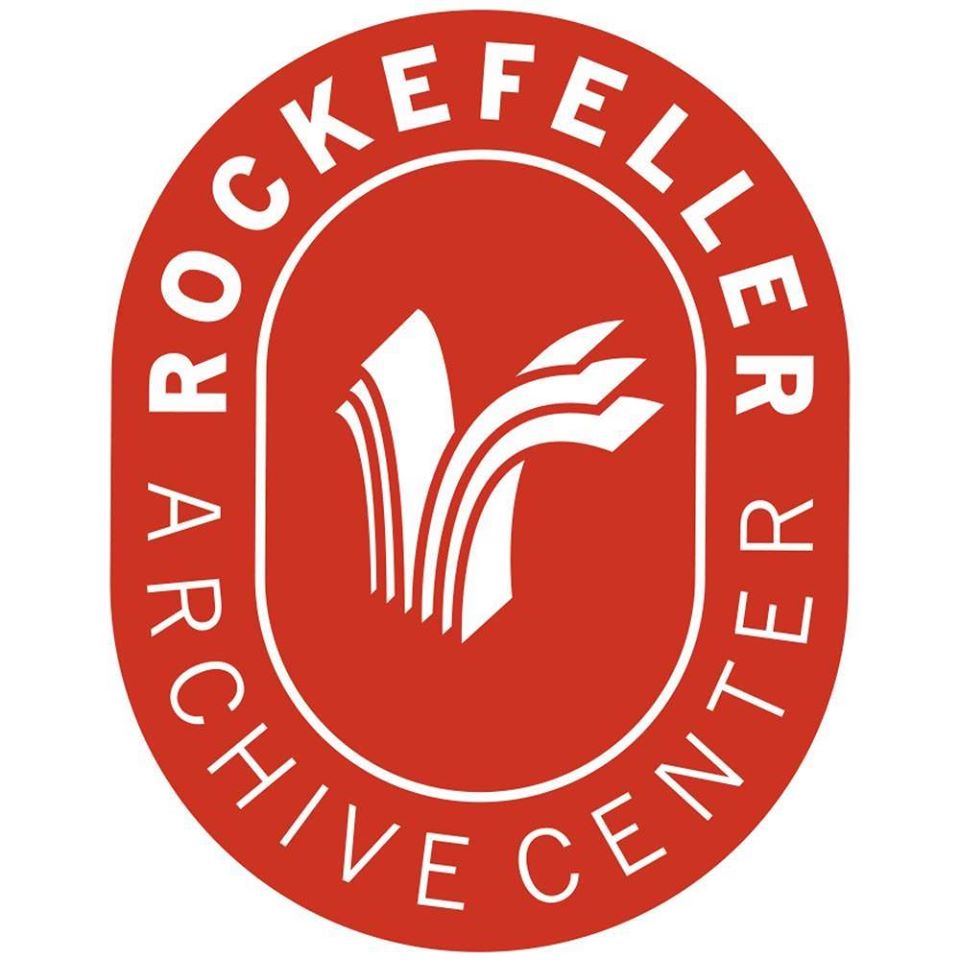American Cultural Heritage, 1936, 1960-1984
- Extent:
- 8.59 Cubic Feet 22 letter document boxes and 1 half-legal box
- Scope and content:
-
In late 1970 the officers of the Rockefeller Foundation allocated $300,000 to launch a program of grants to individuals engaged in the study of America's "cultural heritage." The following year, they appropriated an additional $500,000 to support similar initiatives on an institutional level.
Taking shape in a time of political, social, and cultural ferment, the American Cultural Heritage Program broadly aspired to "provide an alternative" to the "cynicism" and "self-doubt" that seemed to characterize Americans' understanding of their nation and their past. The alternative the officers envisioned was no simple-minded recitation of American myths, but rather a careful and creative reexamination of America's heritage "in the light of present problems." Greater self-understanding would lead to greater "awareness among Americans of their historical and cultural interdependence," a necessary first step to surmounting the problems that divided them. Such a critical reappraisal would also be a worthy contribution to the approaching national bicentennial commemoration.
The Cultural Heritage Program sought out promising younger scholars in the humanities and social sciences and particularly valued creative and interdisciplinary approaches. "Intellectual excellence, broad social commitment, and an imaginative approach" were the criteria that would guide institutional grants. With both the individual and institutional grants, the Foundation's goal was to "make an important contribution to the self-understanding of America's populace," and then to help shape the future by disseminating these new views of the past through formal and informal educational programs.
The projects funded vary widely but are notable for the impetus they display to seek out new questions and new ways of answering them. The question of "identities" and the contributions of minorities to the American nation were primary areas of study. Grantees studied transitions in Alaskan Eskimo life, Emancipation Day celebrations, Chinese workers in Oregon, recent immigrant communities, the role of black religion, and the works of black and women writers. The grants favored projects that sought to apply new disciplines and new techniques to the consideration of American culture. Through oral histories and field research, historians and others used the tools of anthropology to understand their own society. Oral history projects documented labor unrest in the Midwest, southern politicians, and American music, among other topics. On an institutional level, American Cultural Heritage grants launched major centers for the study of Atlantic, Southern, and Appalachian history.
Film, television production, and photographic studies make up another segment of these grants. Projects funded include photographic studies of the American farm, of four Texas counties, of grassroots Christianity, and of blacks in America. Films on folk traditions and television productions on the history of a New England mill town and on the social history of technology in America also received support. The University of Iowa received funding for a program to integrate the study of film and American civilization.
While some projects, like the Atlantic Studies Center at Johns Hopkins University, received major funding and some grants went to well-established scholars and institutions, the foundation's concern to cast its grants widely is striking. In assessing a grant to collect a history of the Gros Ventre tribe, for example, the foundation officer noted that while they could look for someone with "fancier credentials," they might also give "direct and substantial encouragement" to this "diligent amateur." The foundation also was concerned, in redressing the historical record, that the story be told by those who had lived it. The focus on oral history reflects this interest, but the concern was really a broader one to empower minorities to interpret their own heritage. Officers carefully considered a scholar's rapport with the community under study and gave extra weight to a shared regional or ethnic background. They favored one proposal, for example, because it presented the "possibility of furthering Southern Studies by people from this region, in this region." Some grants trained individuals in techniques that could then be brought back to the community.
The smallest grant - for $615 - allowed a scholar to complete a study of the black poet and novelist Jean Toomer. As the final grant report noted, people were impressed that "of all the RF's worldwide activities, . . . we could still take time to make such a small grant for such an obscure project."
While the American Cultural Heritage Program was a limited initiative, it is interesting to see the ways it intersected with and helped shape new initiatives in historical study. It encouraged interdisciplinary and particularly anthropological approaches to historical questions, supported the study of folklore, family history, religion, labor history, women's studies, community and regional studies, and embraced the application of new media to the presentation of traditional subjects. That these approaches are commonplace in textbooks today attests in some measure to the program's success. Researchers may also find in these files reflections of present-day concerns with cultural identity, heritage, and meaning.
- Places:
- United States
Contents
Access and use
- Parent restrictions:
- Open for research with select materials restricted as noted. Brittle or damaged items are available at the discretion of RAC. Confidential material in this record group has been segregated and is inaccessible. Each pertinent file is open to research, and physical removal of the segregated material within each file is not necessary. Researchers interested in accessing digital media (floppy disks, CDs, DVDs, etc.) or audiovisual material (audio cassettes, VHS, etc.) in this collection must use an access surrogate. The original items may not be accessed because of preservation concerns. To request an access surrogate be made, or if you are unsure if there is an access surrogate, please contact an archivist.
- Parent terms of access:
- Rockefeller Foundation has title, copyright, and literary rights in the collection, in so far as it holds them. Rockefeller Archive Center has authority to grant permission to cite and publish archival material from the collection.
- Location of this collection:
- Contact:

